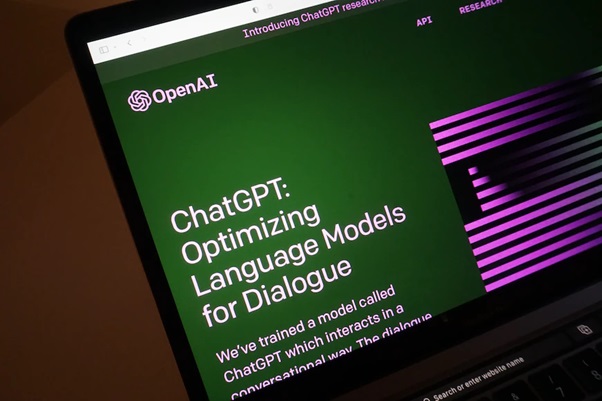
Artificial Intelligence company OpenAI recently disclosed that its AI chatbot ChatGPT, suffered periodic outages due to a suspected DDoS (Distributed Denial-of-service) attack.
This was disclosed after several users who attempted to access the chatbot were met with a message stating that “ChatGPT is at capacity right now”, also some users were met with messages “There was an error generating the response”, with several others unable to log in to the service.
OpenAI CEO Sam Altman had initially blamed the problem on the platform’s newly launched features, which were unveiled at the company’s developer conference held on Monday.
Tekedia Mini-MBA edition 16 (Feb 10 – May 3, 2025) opens registrations; register today for early bird discounts.
Tekedia AI in Business Masterclass opens registrations here.
Join Tekedia Capital Syndicate and invest in Africa’s finest startups here.
He wrote,
“Usage of our new features from dev day is far outpacing our expectations. We were planning to go live with GPTs for all subscribers on Monday but still haven’t been able to. We are hoping to soon. there will likely be service instability in the short term due to load. sorry”.
However, the platform continued to witness periodic outages, and upon further investigation, it was discovered that such occurrences were caused by (DDoS) attack that affected the company and its products.
The company wrote,
“We are dealing with periodic outages due to an abnormal traffic pattern reflective of a DDoS attack. We are continuing work to mitigate this.”
OpenAI did not disclose the gravity of the suspected DDoS Attack. Meanwhile, in a series of Telegram messages seen by TechCrunch, hacktivist group Anonymous Sudan took credit for the alleged attack. It claimed that its reason for attacking OpenAl is due to the company’s general bias towards Israel and against Palestine.
Speaking on OpenAI’s recent attack, global cybersecurity advisor with software company ESET, Jake Moore said, DDoS attacks are a clever way of targeting a company without having to hack the mainframe and that the perpetrators can remain largely anonymous.
“This makes it that much more difficult to protect from when the landscape is completely unknown apart from having the strongest DDoS protection available. Unfortunately, OpenAI remains one of the most talked about and current technology companies making it a typical target for hackers wanting their kudos”, he added.
The suspected attack follows OpenAI’s first-ever developer conference earlier this week, where it claimed ChatGPT has reached the milestone of 100m weekly users.
DDoS Attacks
As technology becomes more advanced, there are reports that Distributed Denial-of-service (DDoS) attacks have continued to increase.
A recent study disclosed that the number of DDoS attacks is up 40% over the last six months, increasingly targeting sectors such as banking, e-commerce, and education.
These attacks have been proven to have a significant impact on organizations, causing financial loss and reputational damage and, as they are growing more frequent, DDoS disruptions continue to pose a real threat to businesses.
The continued rise in DDoS attacks has alerted major cybersecurity institutions such as the U.S. Cybersecurity and Infrastructure Security Agency (CISA), which has recently issued a warning on the dangers of this malicious tactic.
The CISA advises organizations that suspect they have fallen victim to a DDoS attack to identify the source and mitigate the situation by applying firewall rules.



